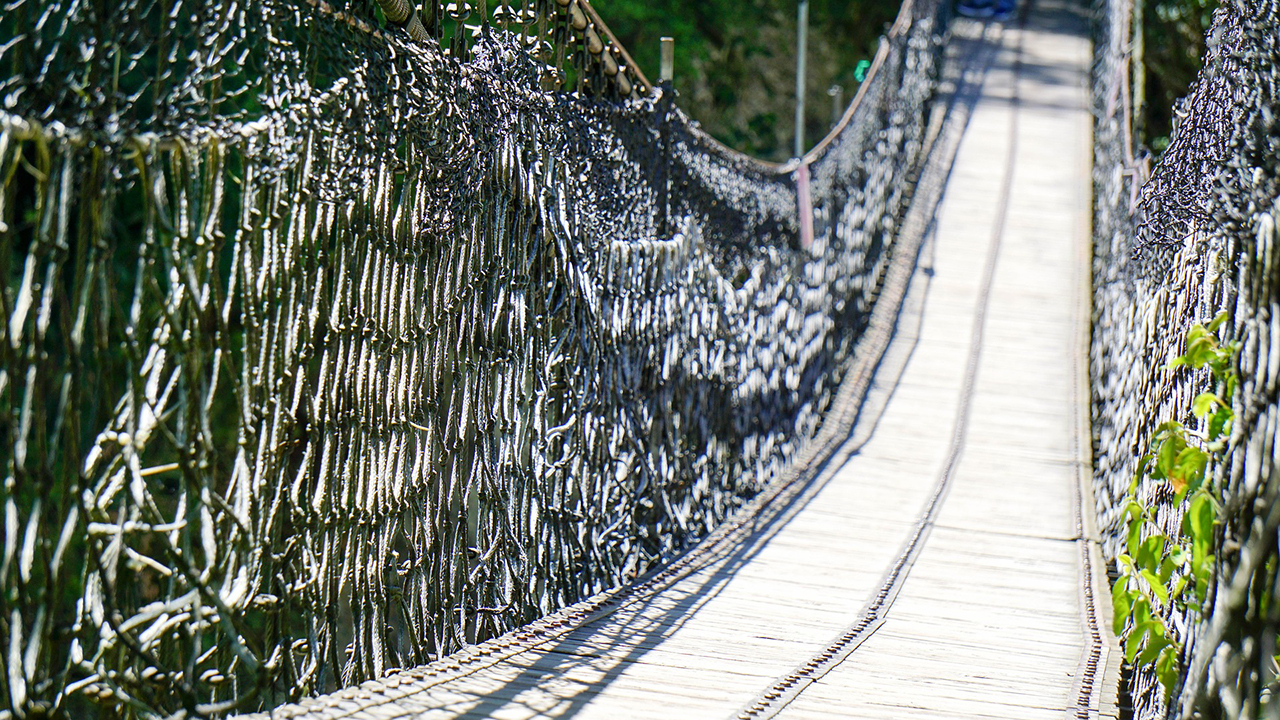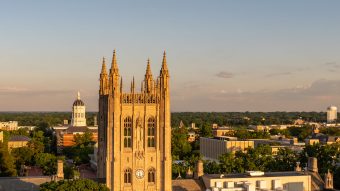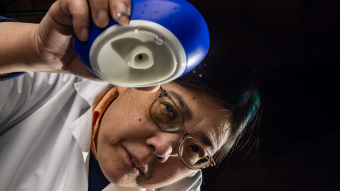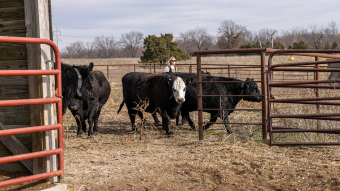Dec. 2, 2021
Trail bridges that connect remote communities are working, a University of Missouri engineer has found. Abdul Rashid Mussah, a PhD candidate in civil engineering, investigated the effectiveness of the structures as part of an Engineering 4 Change fellowship.
During his five-month fellowship, Mussah partnered with Bridges to Prosperity (B2P), a nonprofit organization that builds trail bridges over rivers to connect isolated communities with critical resources and services.
“Trail bridges are a pragmatic and viable solution to solving the isolation problem and connecting communities with very necessary infrastructure such as hospitals and schools,” he said, “especially during the rainy season when they get disconnected as the rivers start to swell and overflow.”
Since its founding 20 years ago, B2P has built more than 330 trail bridges, connecting more than a million people. To strengthen investment in future bridges, the organization needed a way to assess the impact of existing structures.
Mussah was charged with coming up with the framework to analyze bridge usage. He used publicly available satellite imagery to develop a method to collect data and measure the area of footpaths that lead to bridges in 40 areas.
“I looked at foot paths before and after the bridges were built and measured changes in the area to draw some conclusions,” he said. “There were very observable changes that proved the bridges are being used.”
Originally from Ghana, Mussah is passionate about using his engineering skills to promote sustainable communities and end poverty — two of 17 Sustainable Development Goals (SDGs) identified by the United Nations.
While he isn’t settled on where he will work following graduate school, he’s confident the skills he’s gained at the College of Engineering will help him accomplish his ultimate goals.
“My experience here has been incredible,” he said, “A lot of the work I do is very technical, but it is applicable in areas where we’re trying to bridge the gap and present solutions that can solve a myriad of issues. As engineers, it is our responsibility to make sure whatever solutions we present are pragmatic, adaptable, and socially viable.”




